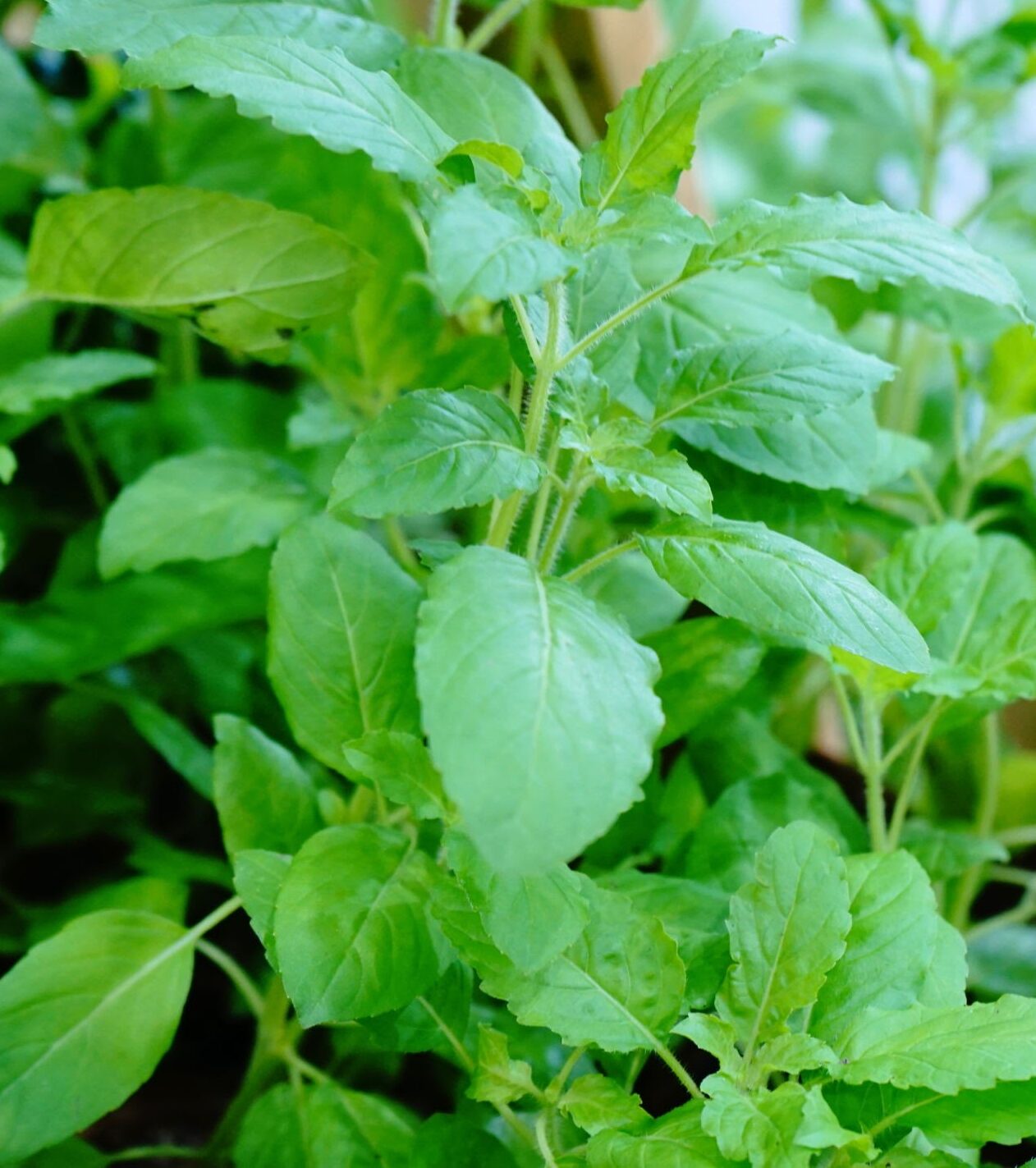In the rich tapestry of nature’s bounty, few herbs hold the revered status that Tulsi, or holy basil, does in traditional medicine and spirituality. This humble herb, known for its medicinal properties and sacred significance, has been a cornerstone in holistic well-being for centuries. Join us as we embark on a journey to explore the intricacies of Tulsi, its multifaceted benefits, and its deep-rooted cultural importance.
1. The Botanical Marvel:
- Scientific Classification: Tulsi, scientifically known as Ocimum sanctum, is a member of the mint family and is native to Southeast Asia.
- Varieties: There are various types of Tulsi, including Rama Tulsi, Krishna Tulsi, and Vana Tulsi, each with its unique flavor profile and medicinal properties.
2. Spiritual Significance:
- Goddess Incarnate: Tulsi is often considered the earthly manifestation of Goddess Lakshmi, symbolizing purity and divine protection.
- Tulsi Vivah: The ceremonial marriage of Tulsi to Lord Vishnu is celebrated as Tulsi Vivah, signifying the union of the divine couple and inviting blessings into the household.
3. Medicinal Magic:
- Immune Booster: Tulsi is a powerhouse of antioxidants and essential oils, contributing to a strengthened immune system.
- Respiratory Health: Its anti-inflammatory and antimicrobial properties make it effective in managing respiratory issues, from coughs to bronchitis.
4. Stress Reliever and Adaptogen:
- Adaptogenic Qualities: Tulsi is classified as an adaptogen, helping the body adapt to stress and maintain balance.
- Cortisol Regulation: Regular consumption of Tulsi tea has been linked to lower cortisol levels, promoting stress relief.
5. Detoxification and Digestive Aid:
- Liver Health: Tulsi aids in detoxification by supporting liver function and promoting the elimination of toxins.
- Digestive Harmony: It can soothe digestive issues, alleviate bloating, and promote a healthy gut.
6. Cardiovascular Support:
- Blood Pressure Regulation: Compounds in Tulsi help regulate blood pressure, supporting cardiovascular health.
- Cholesterol Management: Studies suggest that Tulsi may contribute to maintaining healthy cholesterol levels.
7. Cultivating Tulsi at Home:
- Growing Tips: Tulsi is relatively easy to grow at home, requiring well-draining soil, ample sunlight, and moderate watering.
- Harvesting and Pruning: Regular harvesting and pruning encourage bushier growth and a continuous supply of fresh leaves.
Conclusion:
Tulsi, with its botanical prowess and cultural eminence, stands as a testament to the harmonious relationship between nature, spirituality, and well-being. As we navigate the nuanced world of this sacred herb, may we be inspired to embrace the holistic wisdom it offers – from the tranquility it brings to the body and mind to the spiritual connection it fosters. In the embrace of Tulsi, we find not just a herb but a profound elixir that transcends the boundaries of tradition and science, weaving itself into the very fabric of our well-lived lives.

